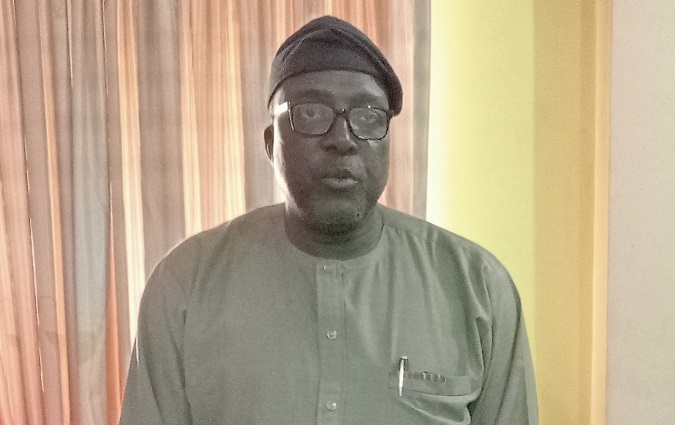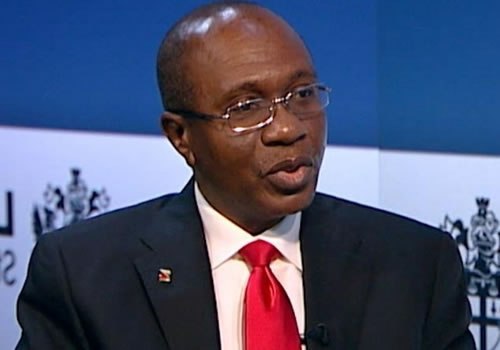By Joyce Remi-Babayeju
The World Health Organization has raised concerns over prevalence of Neglected Tropical Diseases, NTDs in Nigeria causing 50% burden in Africa and 29% of deaths in Nigeria.
WHO Field Presence Cluster Lead , Ahmed Khedr who represented the WHO Country Representative, Walter Kazadi Mulumbo disclosed this today at the 6th Annual Conference of The Association of Nigeria Health Journalists, ANHEJ, in Akwanga.
Mulumbo noted that the NTDs also causes premature mortality such as Hypertension, Diabetes, Cancers, Tuberculosis, HIV while Malnutrition accounts for 22% of deaths in Nigeria.
Giving a rundown of Nigeria’s situation, he said that although the prevalence of malaria is declining (from 42% to 23%), the country contributes 27% of global cases and 24% of global deaths.
Mulumbo lamented that the poorest households in Nigeria feel the heaviest impact of poor health outcomes due to limited essential health services, which is sapping the economy negatively.
He said the way out of poor health outcomes is for Nigeria and all countries to find a pathway to Universal Health Care in the context of their social, political and economic circumstances.
“But the foundation everywhere must be a political commitment to building a strong health system, based on primary care, with an emphasis on disease prevention and health promotion.”
“Such health systems do not only provide the best health outcomes; they are also the best defense against outbreaks and other health emergencies. In this sense, UHC and health security are truly two sides of the same coin.”
The WHO Country Representative commended President Buhari and all state governors for taking the vital step by endorsing the Presidential Summit on universal health coverage, which ensures equitable access to high-quality, affordable health care for all Nigerians.
Accordingly, he also explained that National Health Act (NHAct) enacted the same year laid a firm foundation for making UHC a reality, by guaranteeing a basic package of health services for all Nigerians while making available predictable financing through the Basic Healthcare Provision Fund.
“The WHO clearly identifies the media as a critical partner and if well harnessed have potential to accelerate achievement of UHC in any country. Over the years, we have significantly invested in communications for health in country offices and prioritized strategic communication within Output 4.2.1 of the GPW13.”
He assured Health Journalists that within it’s the mandate WHO will continue to support Health journalists with the capacity they need, to leverage their role in strategic communication, towards raising health high on the political agenda of government, empowering audiences, giving communities a voice, and creating safe spaces for decision-makers and citizens to discuss challenges and co-create solutions that address health needs of the people.
President of ANHEJ, Mr. Hassan Zaggi enjoined government at all levels to take the health of Nigerians serious by making it a top priority because, health is wealth and it is only a healthy society that can be productive.
Zaggi also called on Lawmakers at all tiers of government levels to ensure they enact the relevant laws that will support and improve the attainment of UHC through health insurance.
Zaggi noted that as a way of eliminating the out-of-pocket payment that makes access to quality and affordable healthcare services inequitable, especially among the indigent and vulnerable groups, communities, and associations must begin to adopt models that suit their enrollment in health insurance to enable them to access health care services when the need arises without catastrophic expenditure.
“I, therefore, call on our Senators, House of Representative members, House of Assembly members, Councilors to adopt villages, communities, and individuals in their constituencies by paying their health insurance premium annually”.





